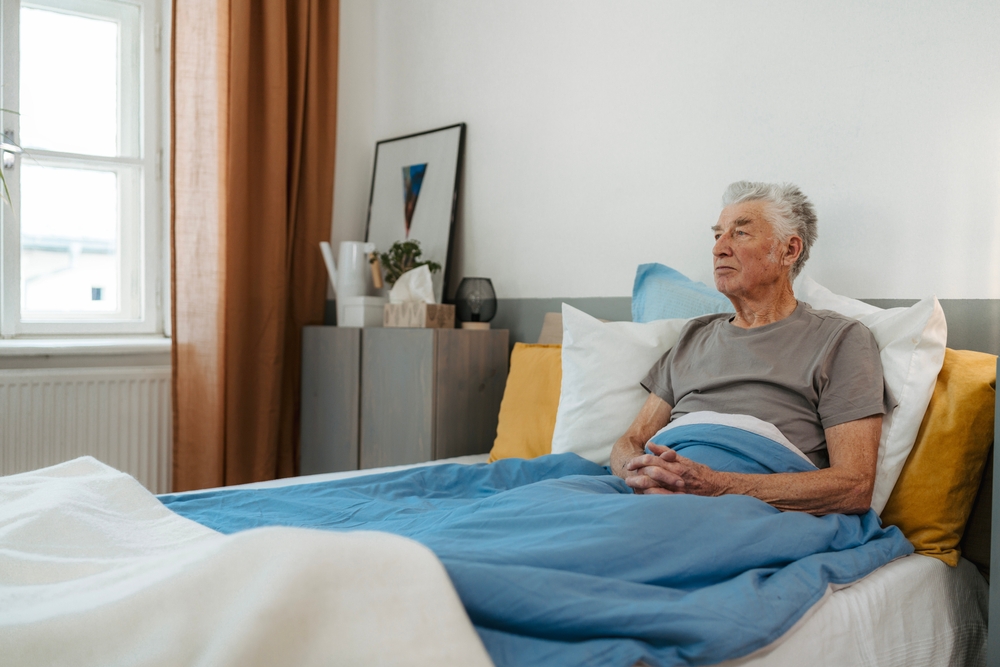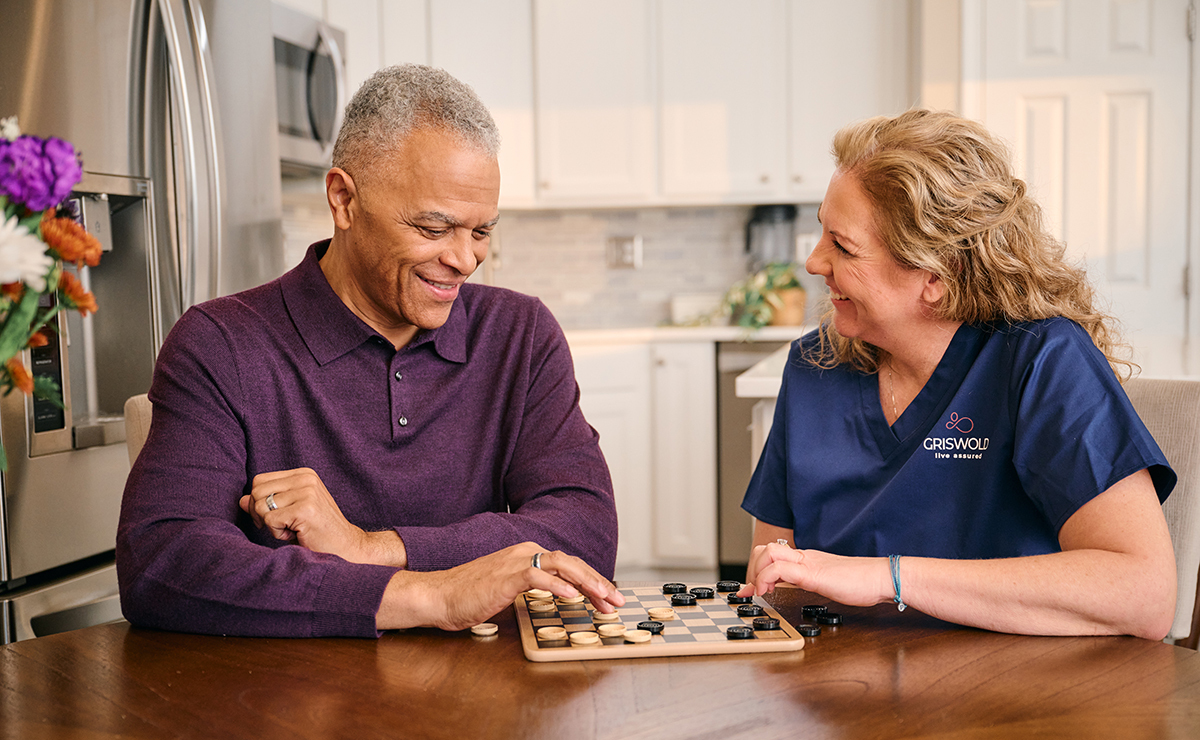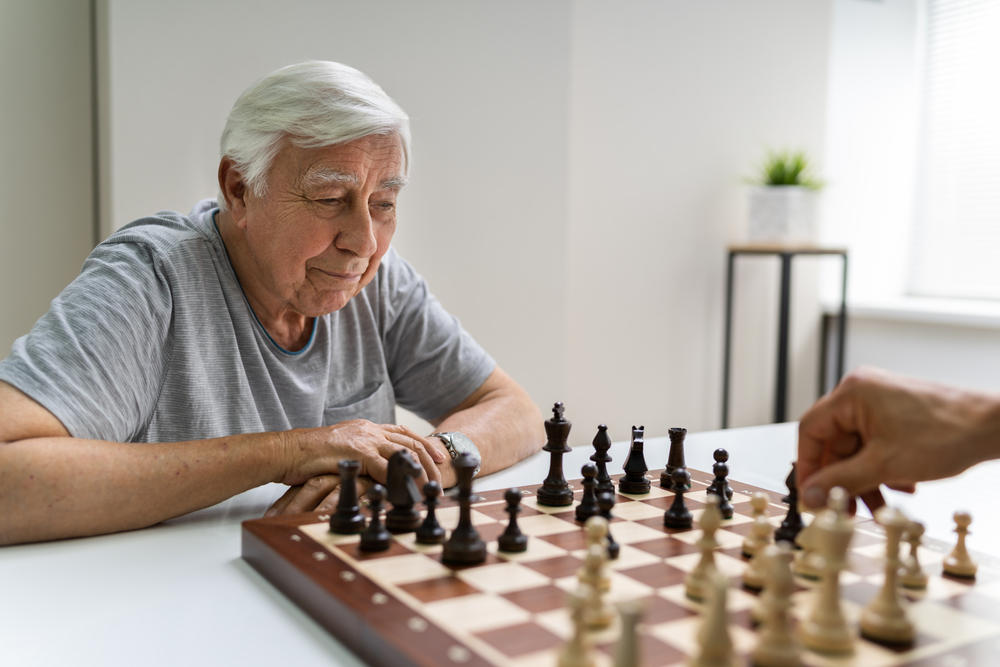When the Elderly Refuse to Get Out of Bed
Category:

As we age, we may lose the will or the ability to get out of bed. There can be a variety of reasons for this, but there are also many ways to help older adults find the motivation to get out of bed and do the activities they enjoy.
In this post, we’ll take a look at what to do when the elderly refuse to get out of bed.
Download Our FREE Path to Care Guide
Reasons for Elderly Staying in Bed All Day
Older adults may refuse to get out of bed for the following reasons.
- Anxiety or depression. This can make older adults want to isolate and withdraw, making the comfort of staying in bed preferable to facing daily activities.
- Dementia. When a dementia patient refuses to get out of bed, it can be due to cognitive decline, which can cause confusion and disorientation. This makes it challenging for individuals to navigate their surroundings.
- Environmental factors. A cold or poorly lit room can make bed more appealing, while a lack of stimulating activities can lead to boredom and inactivity.
- Fatigue. A decrease in energy levels and overall physical stamina can make it difficult for older adults to stay active, leading to more time resting in bed.
- Fear of falls. A fear of falling, especially after a previous incident, can make elderly individuals prefer the safety of staying in bed, especially without proper support aids.
- Illness. Both acute and chronic illnesses can drain energy levels, making it difficult for elderly individuals to engage in daily activities outside of bed.
- Lack of sleep. Sleep disorders like insomnia or sleep apnea can cause insufficient rest at night, leading to excessive daytime fatigue and a desire to stay in bed.
- Medications. Side effects of certain medications, such as drowsiness or dizziness, can reduce motivation and ability to get out of bed.
- Physical issues. When the elderly are too weak to get out of bed, it can be due to chronic pain and limited mobility from conditions such as arthritis or muscle weakness.
- Poor nutrition. Inadequate nutrition or dehydration can cause weakness and low energy, making it harder to get out of bed.
- Social isolation. A lack of social interaction can lead to loneliness and depression, which makes staying in bed feel easier.
How to Help an Elderly Person Out of Bed
The below steps are things caregivers can do when it comes to how to help an older adult out of bed, including how to get a dementia patient out of bed.
- Avoid assumptions. Instead of guessing what your loved one might be feeling or experiencing, have an open conversation with them to understand their perspective.
- Be present. Simply spending time with your loved one and being there for them can make a significant difference in their well-being.
- Create a plan. Having a plan or suggesting activities that interest your loved one can provide the motivation they need to get active.
- Offer support. Help by scheduling a doctor’s appointment and accompany them, reassuring your loved one that they are not alone.
- Stay calm. Even when feeling frustrated, try to remain calm, as reacting harshly can escalate the situation.
- Choose your words carefully. Focus on understanding their internal struggles and use supportive, affirming language, by asking questions such as “are you okay?” rather than “what’s wrong with you?”
To learn about our home care services, contact our caregiving team today at 1-800-GRISWOLD or find a Caregiver near you.
Subscribe
Date: 2024-11-28
Category:


